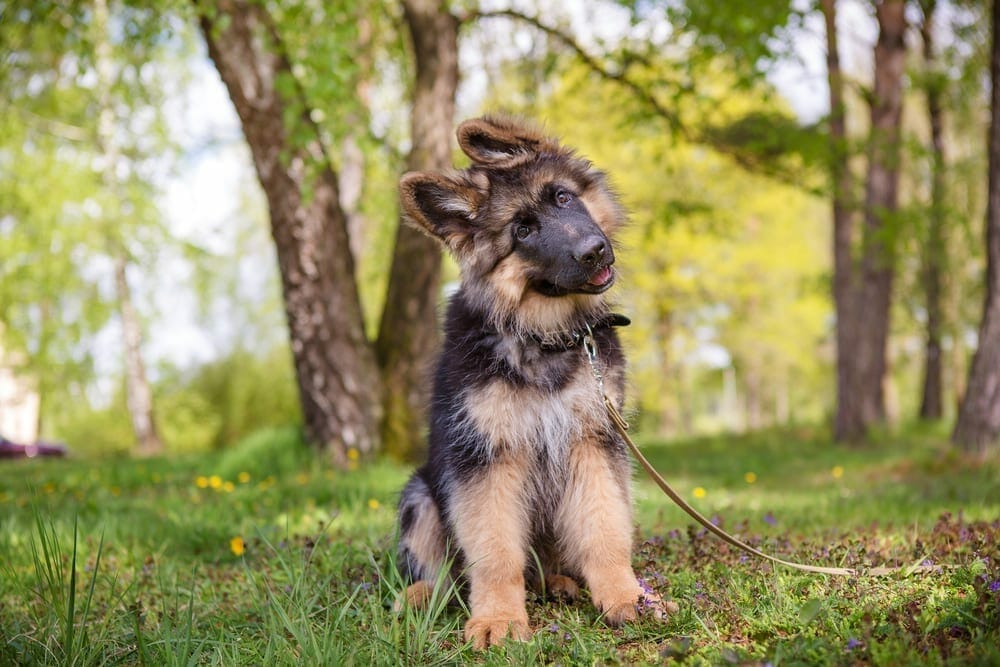What’s That All About – Puppy-Preschool
PIA Australia
September 25, 2018
Have a new pup and have heard the expression Puppy-Preschool thrown around? Wanting to know more? Pet Insurance Australia takes a look at this important aspect in pet ownership and gets the lowdown on what Puppy-Preschool is all about.
Congratulations on deciding to become the proud parent of a precious puppy. Before picking up your new family member it’s important to consider some basics. For first time dog owners the thought of signing your pup up for a puppy-preschool class may seem wee bit foreign and outright strange!
However, regardless of how strange it may seem it’s a good idea to book in for this well before your pup’s due date. These classes fill up very quickly and are hugely popular, leaving the less prepared dog owners scrambling at the last minute to find a suitable class in their local area.
Firstly, it’s important to understand the reasons why puppy-preschools were developed. Puppies are not fully vaccinated until the age of 16weeks and after their final booster shot. This means that your pup can become infected with a host of deadly diseases before this time. Because of this, it is difficult to socialise and expose your pup to the outside world in a safe and secure environment.
However, socialisation is a huge part of any pup’s life. The more sights, sounds and experiences during these first 16weeks is incredibly important for development. The consequences of not adequately socialising a puppy can lead to a host of problematic behaviours, leaving owners with anxious and fearful dogs that are not well-adjusted to the busy outside world around them.
It is essential to remember that your pup is like a blank canvas. The experiences they have as small pups will leave a mark on them that will either leave them feeling ‘positive’ or ‘negative’ about the world around them. The more ‘positive’ experiences, the more adjusted your pup will be. However, on the flip-side, the more ‘negative’ experiences the more chance you pup has of becoming a very anxious and scared.
For new dog owners it can be a balancing act of keeping their pups safe from infections, but allowing them enough exposure to the outside world to ensure they grow into well-rounded dogs. One thing is for sure…keeping your pup safely indoors and away from the world for the first 16weeks can lead to a barrage of problematic behaviour. This is where puppy-preschool can fill the void between socialisation and safety.
But it is also crucial to consider that your pup needs to be socialised every day, not just once a week at the local veterinary clinic for their class. With a little common sense this is completely achievable. However, do not let your pup near dogs that you do not know, or that are unvaccinated. Also avoid dog parks. Some diseases can live in the ground for many years. However, finding the right balance is easy with a little planning.
It is also important to avoid negative experiences during this time. The trick is to expose your pup, over and over again, with as many ‘positive experiences’ as possible.
AVOID;
- Bad experiences with other dogs
- Bad experiences with humans
- Uncomfortable experiences with children (sitting cuddles only – no chasing or harassing the pup).
- Dog parks
- Fear
ENCOURAGE
- Loud noises – think pots falling, vacuum cleaners, children playing, toilets flushing
- Play with children
- Young babies crying
- Other household pets
- Exposure to traffic
- Car rides
- The Vet
- People – lots and lots of different people of all shapes, ages and sizes
- Bikes
- Stairs
- Other ‘safe’ vaccinated, friendly dogs and pups
This list goes on and on!
How can Puppy-Preschool help?
Puppy Preschool allows owners of very small pups to interact in a safe and secure environment with other small pups. These classes are usually run at veterinary clinics around the country. These classes are a wonderful way to allow your pup to play with other pups of all different shapes and sizes in a disease-free environment.
Pups learn best from other puppies. Your older dog will tend to just tell your puppy to leave them alone (cue the growl and teeth) as another puppy will stop playing, give a yelp and let them know that the play was too rough or boisterous. It’s this type of interaction that is vital for young dogs.
Puppy-Preschool is also a great way to start basic training with distraction. So even if you are an experienced dog owner, your young pup will still benefit hugely from a few weeks at puppy-preschool.
For first time dog owners, these classes offer a wealth of information on puppies and their needs, from training to nutritional and health advice. The trained staff will also help you with any early-set problems like toilet training or chewing you may be experiencing.
They can also help with;
- Showing your pup that the vet is a fun place to be
- Socialise your dog with people and other dogs
- Get some great advice on nutrition, training and health
- Experience a weekly car ride with a positive outcome = play and home-time
- Talk through any common issues you are having with your pup
- Find life-long playmates
- Great way to start your training journey. Many of the people attending the puppy-preschool will also attend your local obedience training stage.

8 Comment